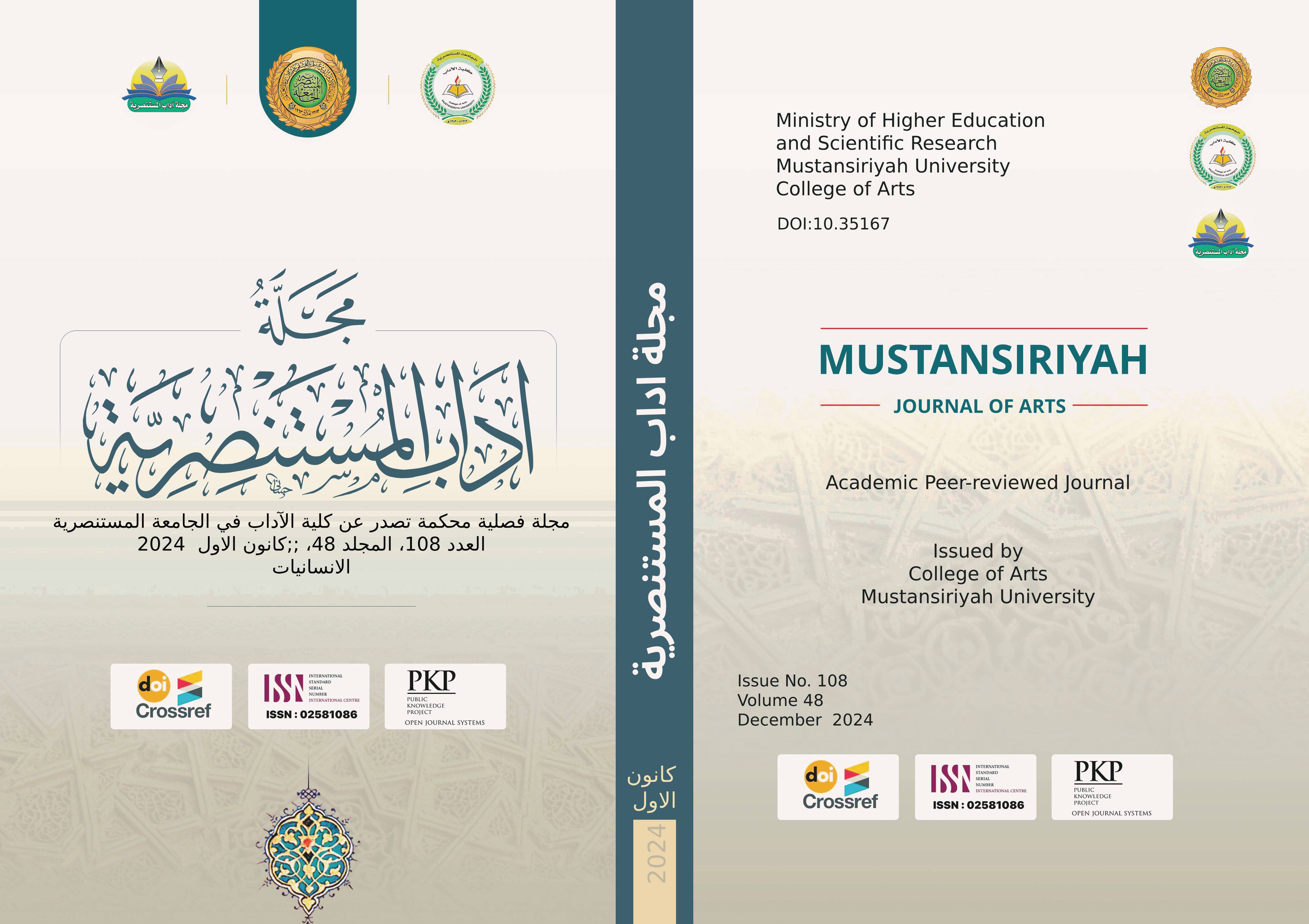Cognitive independence and its relationship to the quality of decision-making among students of the College of Education for Humanities
Abstract
In the light of the above mentioned, the researcher tried to know the correlation between Cognitive independence, quality of decision-making among students of the College of Education for Humanities through several objectives represented in identifying the following:
- Cognitive independence among students of the College of Education for Human Sciences, University of Babylon.
- The quality of decision-making among students of the College of Education for Human Sciences, University of Babylon.
- The correlation between cognitive independence and the quality of decision-making among students of the College of Education for Human Sciences, University of Babylon.
The current research sample consisted of (100) male and female students for the academic year (2023-2024 AD) who were selected randomly with a proportional distribution from the research community, with (28) males and (72) females from the research sample (students of the College of Education for Humanities, University of Babylon). To achieve the objectives of the research, the researcher adopted a scale to measure cognitive independence in light of the theory of cognitive independence by Beckert (2007), which in its final form consists of (30) items, and adopted a scale to measure the quality of decision-making in light of the theory of quality of decision-making by Krumboltz (1996). Its final form consists of (24) items after extracting their psychometric characteristics. In order to ascertain the suitability of the two research scales for students of the College of Education for Human Sciences at the University of Babylon, the researcher extracted their validity and reliability, as the validity of the scale was confirmed by (apparent validity), while the stability of the scale was extracted by means of the retest method and the split-half method, and the stability of the scale was reached. Cognitive independence was mediated by retest (0.77), while its reliability using the split-half method was (0.89). The degree of reliability of the decision-making quality scale was (0.75) by the retest method, and the reliability degree by the split-half method was (0.88). After ensuring the validity and reliability of the two research measures, the researcher extracted the research results using a set of statistical methods, which were represented by the use of a one-sample t-test, the Pearson correlation coefficient, and the t-test for the significance of the correlation coefficient.
The current research reached the following results:
- The students of the College of Education for Human Sciences at the University of Babylon have the cognitive independence.
- Students of the College of Education for Human Sciences, University of Babylon, have the quality of decision-making.
- There is a positive correlation between cognitive independence and the quality of decision-making among students of the College of Education for Human Sciences at the University of Babylon, amounting to (0.526).
Based on what the results of the current research showed, the researcher presented a number of recommendations and proposals.
Based upon the results of the current study, the researcher presents a number of recommendations and suggestions.
Downloads
Published
Issue
Section
License

This work is licensed under a Creative Commons Attribution-ShareAlike 4.0 International License.


